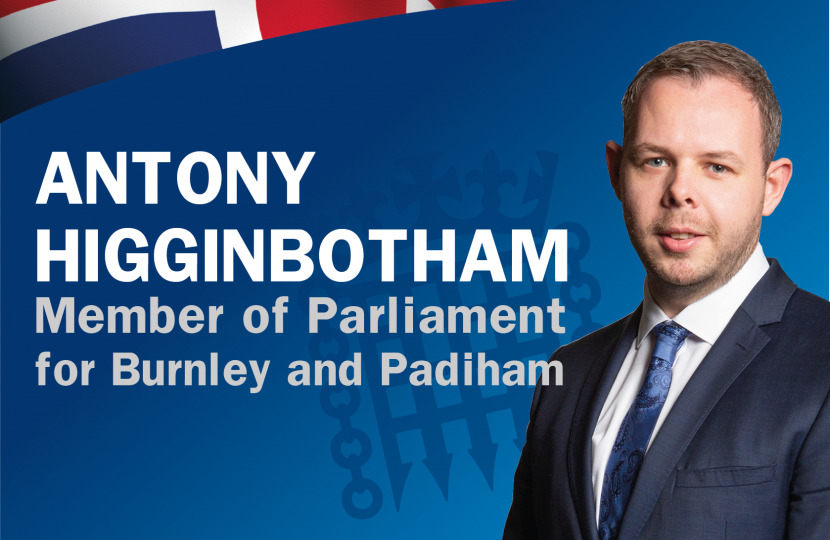
The last 12 months has been one of sacrifice: where we forwent meeting with family and friends; where businesses closed up; and where we as a nation came together in the task to defeat Covid-19. It was the test of our generation, but one which I think we will look back on and say we rose to.
But one of the biggest achievements that will always be remembered is the development and delivery of the biggest vaccination programme our nation has ever known. The expertise of the whole of the UK has been harnessed and through our fantastic institutions, a vaccine has been developed and rolled out at record pace. Pulling together scientists, NHS workers and an army of volunteers who have made it their mission to provide this vital protection to those vulnerable to the disease is a testament to what our country can achieve.
We knew early on in the pandemic that the vaccine was, and is, our only means of tackling the virus long term. We could never continue indefinitely with the measures that have limited our contact with each other given the harm they cause to society. They have caused the biggest economic challenge in our history, social challenges, and a backlog of healthcare needs with people not going for treatment. So whilst necessary for a period, we must look beyond them, capitalising on the vaccine as we progress on the path to recovery.
Confirming the final stage of the roadmap will be a welcome relief to many across Burnley and Padiham. Returning to normal has been a cautious process, carefully managed and analysed against the data to ensure we don’t put those sacrifices at risk.
The Prime Minister’s announcement, given in conjunction with the Health Secretary, who laid out the next steps in Parliament this week, marks a step change in how we need to now learn to live with the presence of Covid-19 and return to the normality so many of us have been craving for the past 15 months.
Delaying the final step of the roadmap from last month to this was to enable more people to receive the life saving vaccination, including making sure that all over 40s, the next most at risk from serious illness after the clinically vulnerable, can have their second dose, providing over 90% protection from hospitalisation. This is being borne out by the data. The link between cases, hospitalisations and mortality has been severely weakened. And therein lies the key to this new debate taking place in Parliament.
Are we to take in to account this new data and progress according to the science with the vaccination providing the vital protections that we believed it would? Or delay yet again? The question to those proposing the latter option is if not now, then when? Given 33.8 million people across the UK, and 42,500 in Burnley and Padiham now have up to 96% protection against this disease, I think most would agree that now is the time to proceed.
Welcoming the final step in the roadmap is not the end of us keeping ahead of this virus. We move with caution, and with knowledge about how to protect ourselves and others. As we do for other illnesses we will all take precautions. Booster vaccines and face masks as a personal choice.
Already we have seen the date for all those over the 18 years old to receive both doses being brought forward to September and for those who have received full protection the booster jab planned.
Yes caution is necessary but we have come so far and at each step are taking the right decisions, calculated and always at hand to react should we need to.
Now is the time for us to ask, if not now, then when?

